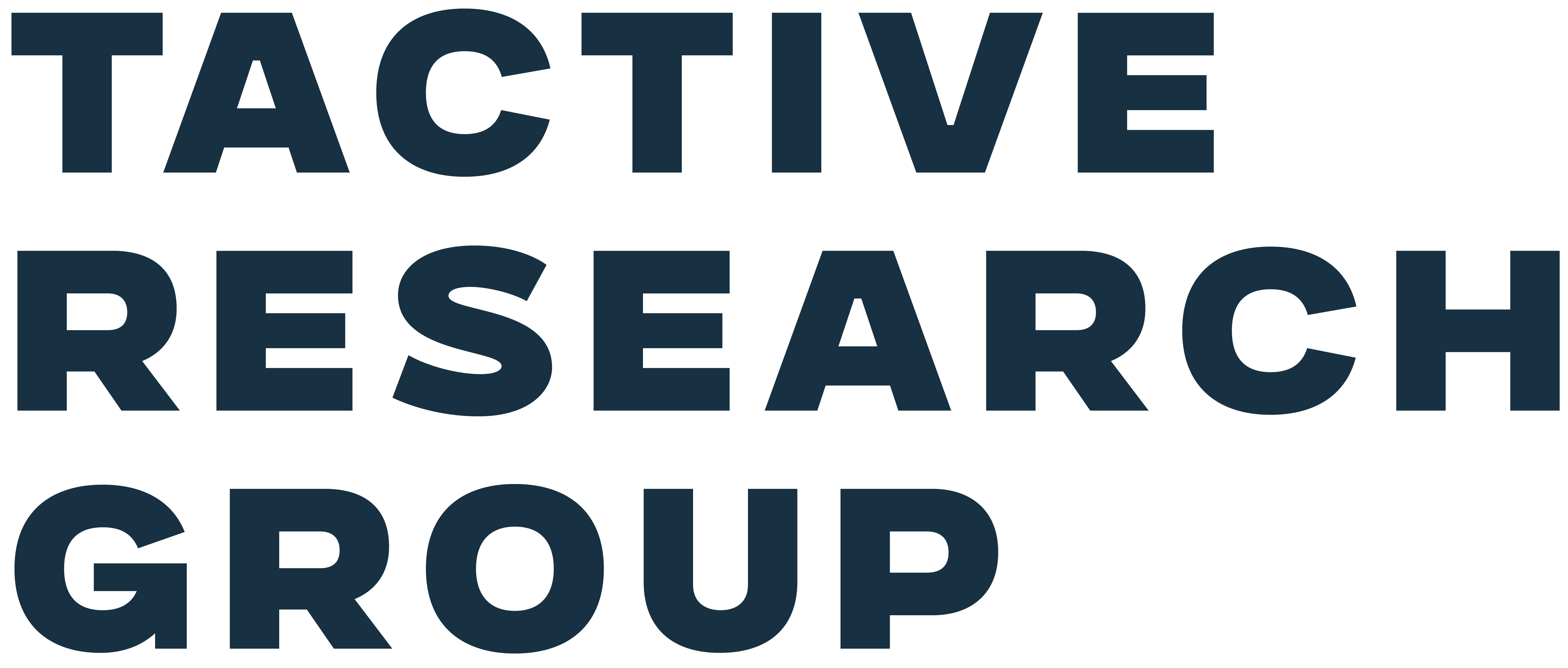Despite pronouncements by CEOs in the generative AI space, generative AI will not replace software developers—just as drum machines and music sequencers never replaced musicians. AI will automate repetitive coding tasks, but the creative, strategic, and problem-solving aspects of software development remain firmly in human hands. IT leaders should focus on AI-augmented development, upskilling teams to leverage AI as a productivity enhancer rather than fearing it as a replacement.
Why You Should Care
- AI can churn code, but it can’t innovate. AI-generated code is great at automating boilerplate and accelerating workflows. However, software engineering isn’t just about writing code—it’s about problem-solving, architecture, security, and strategic alignment with business needs. AI will not easily replace the human inputs required for these higher-order tasks.
- The AI “90% of Coding” myth. Claims that AI will write 90% of all code within a year are misleading. While AI can generate functional snippets, human oversight is essential for debugging, maintaining, and integrating code into complex systems. Communities of AI-using developers confirm this: AI speeds up tasks but doesn’t eliminate the need for skilled engineers.
- AI still lacks context awareness. AI struggles with nuanced requirements, system dependencies, and legacy integration—things human developers handle intuitively. Even in music production, drum machines and sequencers augment, not replace, musicians because they lack human touch and adaptive creativity. The same principle applies to software engineering.
- AI is a tool, not a threat. The best developers already use AI as a co-pilot, enhancing their productivity while ensuring quality. The smartest organizations will use AI to eliminate drudgery, freeing developers to focus on innovation, security, and business value creation.
Get Started
- Enable AI-assisted workflows. Encourage your teams to integrate AI coding assistants into their workflows while maintaining human oversight.
- Emphasize strategic thinking. Redirect engineers toward high-value tasks like software design, cybersecurity, and enterprise architecture.
- Foster a growth mindset. Position AI as a tool for empowerment rather than a job killer to maintain morale and innovation.
- Refine governance and quality control by implementing AI code review policies and oversight that avoid technical debt and uphold compliance and best practices, ensuring that AI-generated code enhances rather than compromises security and software integrity.

